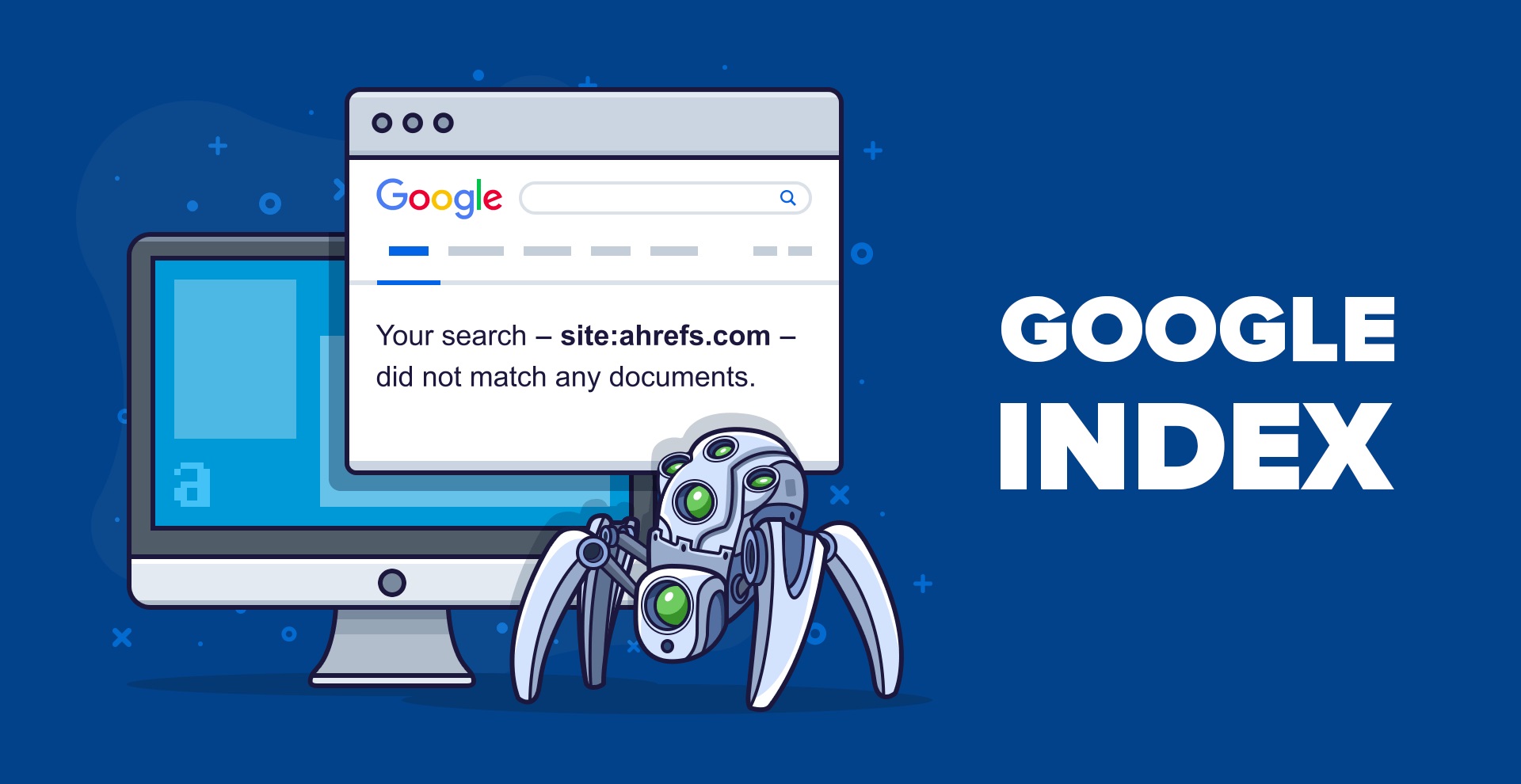
Which Technology Do Search Engines Utilise for Crawling Websites?
To find content to appear in their search results, search engines rely on crawling technology. Instead of manually reviewing every website, search engine bots scour the internet to analyse and index web pages. Crawling refers to the process of search engine bots exploring the internet to find new web pages to add to their search engines. Once a web page is indexed, it will appear in search results when a user searches for a relevant keyword. SEO plays a critical role in ranking web pages in search results.
To crawl websites efficiently, search engines use bots rather than human employees. With around 250,000 new websites published daily, manually crawling online content would be unsustainable and inefficient. Bots do not determine the ranking of content, as this is the job of the search engine’s algorithm. Instead, bots focus on adding web pages to search engines and ensuring they are correctly indexed. Search engines strive to direct searchers to relevant content when they search for specific terms and keywords. In addition to text-based content, bots look for images, videos, and audio content when crawling websites.
Keywords and key phrases, recent updates, user engagement, search engine index, crawling, SEO, ranking, unique content, high-quality content, backlinks, off-site content, images, user-friendly, optimisation
A search engine index is a massive database of websites that have been crawled and indexed by search engine bots. Crawling is crucial for SEO, as a site needs to be indexed in order to rank on search engines. Once a site is indexed, the process of SEO optimisation can begin, which involves appealing to the search engine algorithm through factors such as unique and high-quality content, backlinks, images, and a user-friendly website. User engagement and recent updates also play a role in SEO ranking. While crawling is only the first step in the SEO journey, it is a crucial one, and investing in good SEO practices can improve the visibility of your website. SEO training can be a helpful option for those looking to optimise their website without a full SEO audit.
After your website has been indexed, the next step is to optimise it for search engines by following basic SEO principles that can help your web pages rank high on search engine result pages. These principles include having unique and high-quality content that is well-written, factual, informative, and well-structured. Duplicate content is severely penalised by search engines and may not even be indexed.
Backlinks and off-site content also play a critical role in determining your website’s authority on a given subject. It’s essential to have significant dofollows to your content, which can be obtained through guest posts, guest blogs, and social media. Additionally, incorporating high-quality images and visual content on your web pages can also improve your chances of ranking highly since search engines consider various content types.
A user-friendly website that is free of broken links, outdated content, and error 404 pages is also crucial to improving your website’s visibility on search engine result pages. Search engines tend to favor updated, relevant, and recent content when ranking pages, so it’s a good idea to re-optimise your content regularly.
In conclusion, while crawling remains an important factor in helping your website rank on search engines, optimising your website is the real work that can help improve its visibility. Familiarising yourself with good SEO practices and seeking SEO training in London from experts can help you optimise your website effectively, even if you don’t have the budget for a full SEO audit.
